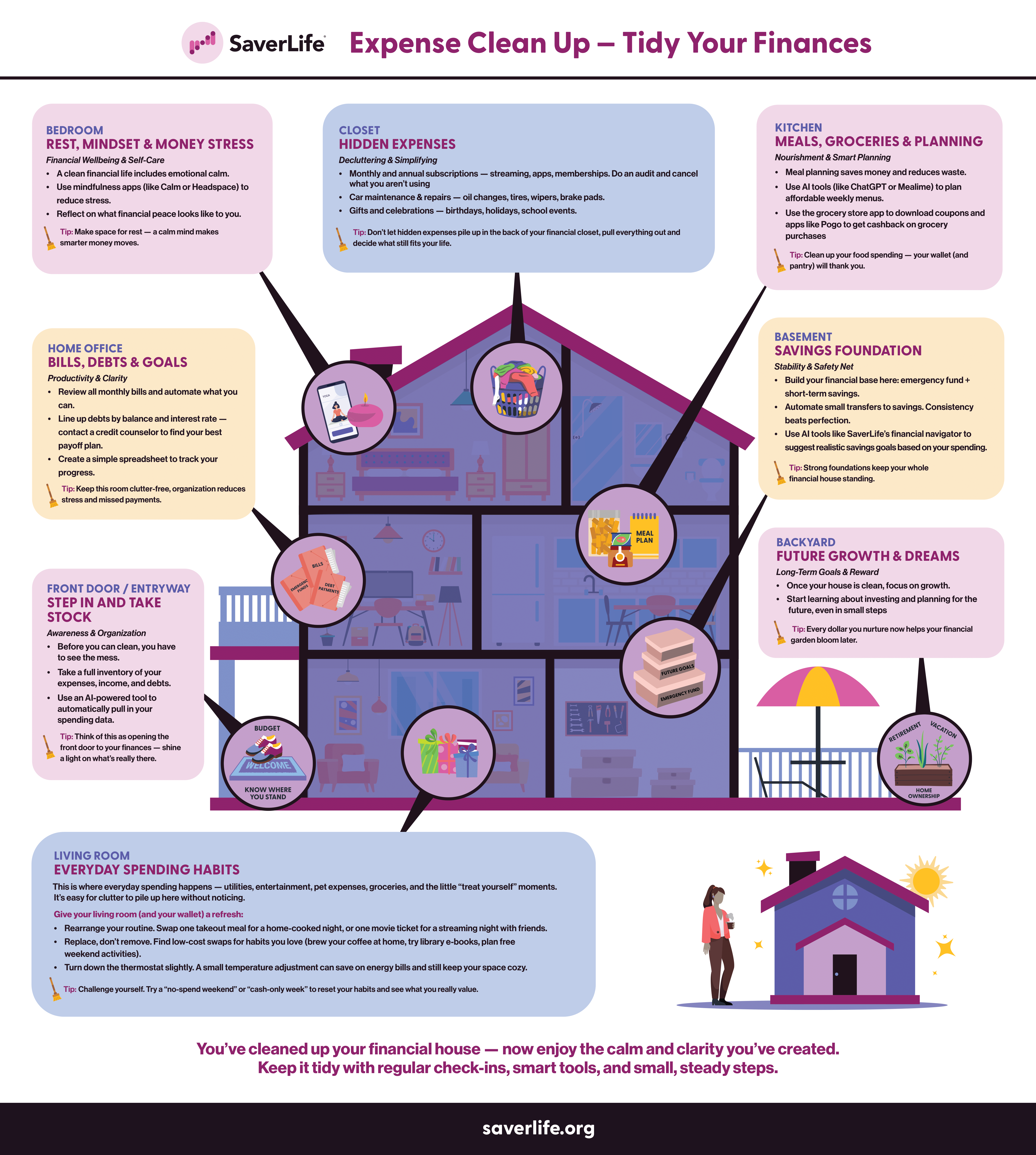
Proposed legislation called the Tax Relief for American Families and Workers Act of 2024 has bipartisan support and could mean changes for the Child Tax Credit (CTC) and other business tax codes.
This legislation could impact your 2023 taxes even though it wouldn’t pass until this year.
If the Act passes, the CTC calculation for 2023 going forward would change for some people, allowing them to get a larger refundable portion of Child Tax Credits.
Who will this legislation affect?
If you normally receive refundable Child Tax Credits or additional Child Tax Credits but don’t typically qualify for the maximum credit amount, this legislation may impact you, especially if you have a lower income.
In general, families with lower income stand to benefit by receiving a larger refundable credit because the proportion of the credit that’s refundable is being raised from $1600 to $1800.
These effects are what we know based on the way the legislation is currently written. It’s important to understand that the legislation can still change or be thrown out completely.
A Note for Business Owners:
There’s also a proposed retroactive change that may impact some business owners and people who own rental property. It has to do with “bonus depreciation,” which allows businesses to immediately deduct a percentage of the purchase price of eligible assets, including equipment, vehicles, and buildings. Learn more about depreciation here.
The law currently sets bonus depreciation for 2023 at 80%. This proposed change adjusts bonus depreciation back up to 100% for 2023, which is what it was for 2022. If you’re a business owner or rental property owner, this means you could gain big tax savings if the bonus depreciation returns to 100% on your eligible assets.
What does this mean for filing my taxes this season?
The IRS began accepting e-filing for 1040 forms on January 29. But the legislation hasn’t passed.
So what should you do if you have CTC or bonus depreciation on your tax returns?
Here are a few points for you to consider:
1) While there have been times that the IRS has made mass adjustments to tax returns due to retroactive tax law changes (like during COVID-19 pandemic), that isn’t the norm.
2) If you think you might be impacted by one of the retroactive changes I mentioned AND if it isn’t urgently important to file as soon as possible or to get a refund as soon as possible, consider delaying filing your return for a few weeks until we see how this plays out.
If you have a tax professional, they should be keeping an eye on this legislation, and they should be able to let you know the best time to proceed with your tax filing. If not, you’ll have to keep an eye on it yourself. Personally, I would probably delay filing if I had CTC at all on my tax return.
But what if you really need to file the tax return and Congress still hasn’t made a decision to pass the legislation or not?
- Then, file the tax return like you normally do, but still keep an eye out to see if the retroactive changes are passed into law.
What if the retroactive changes are passed into law after you file your tax return?
- If this happens, give the IRS time to provide guidance on what you should do if you’re impacted.
- They might make adjustments automatically with no action on your part. This is more likely to happen regarding any CTC changes and less likely for changes impacting business and rental property owners.
- For a retroactive change after you file your original tax return, you do need to be prepared to file an amendment or a superseded return, and you should expect that the software or your tax professional will charge you to file that amendment or superseded return. Learn more about filing tax return amendments here.
As we learn more about this legislation and the situation develops, we’ll keep you informed in Money 101. SaverLife email subscribers will also receive updates about the legislation and tips for navigating tax filing.
If this tax legislation could affect you this tax season, we’d love to hear about your experiences. Submit the form below to share your story.


